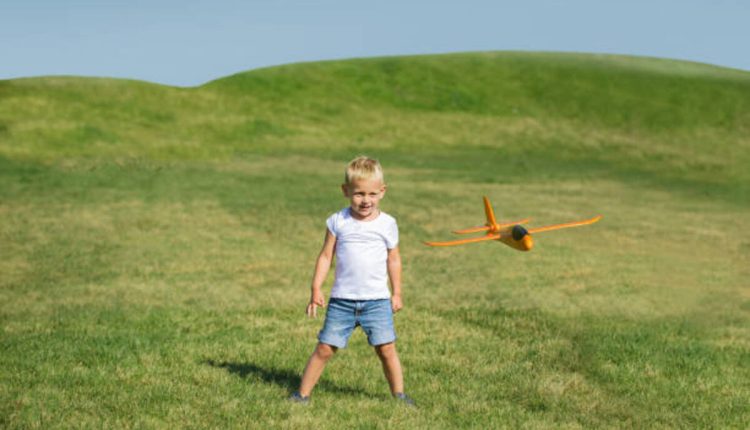Creating a Grassy Area Perfect For Learning to Fly
When installing turf on a flat area, it is crucial to allow for seams. You can do this by subdividing your area into smaller segments and calculating each section’s dimensions individually – this will enable you to determine how much turf will be required overall.
Flat grassy areas make an excellent place to learn how to fly a drone since its take-off process is straightforward and can be used for various activities.
Take off from a grassy area.
Few experiences in aviation offer as much joy and nostalgia as flying out of a grass airstrip. It appeals directly to our inner pilot fantasies about donning goggles and helmets – yet flying from such an airfield requires considerable effort and an awareness of its limitations.
At its core, runway maintenance requires two key considerations: length and accessibility. Some flight manuals indicate performance decreases for airplanes flying off grass strips instead of paved runways; therefore, it is prudent to exercise caution when planning takeoff from grass strips.
Additionally, the runway must be clear of ruts and other obstructions that could wreak havoc with your aircraft. Discolored areas on the runway could indicate gopher holes or mole hills, while washed-out bare spots indicate water, which should definitely be avoided.
When beginning flying, novice pilots should ideally use a paved runway if the weather allows it. Launching from a grass runway may result in ballooning and stalling, posing risks to bystanders and the plane. If inexperienced pilots cannot safely take off from the ground, they should consider taking an instructor along for their flight, as this will enable them to learn to fly safely on grass runways quickly.
Clear the area before take-off.
Before taking off, it is necessary to clear the area around you of any obstacles, such as trees or buildings, which could prevent other planes from interfering with your flight path and making flying more accessible. Doing this will allow for optimal start-off positioning. Additionally, obstacles like trees should be cleared from your way – making taking off easier overall!
Once the area has been cleared, you should check before taking off. These may include lowering flaps used during take-off and retracting wheels on aircraft with them.
Find a good launchpad.
As you design your launchpad, numerous aspects should be kept in mind. Consider what its functions should be as well as its aesthetic qualities. An excellent place to begin would be by writing down ideas and conducting extensive research.
Drone launchpads can make your drone flight sessions more organized and enjoyable by clearing away tall grass that could obstruct take-off and landing and keeping dust from gathering on its propellers that could damage cameras or motors.
Check the weather
Many grass airstrips don’t feature wind sock markers, making it challenging to assess wind speed at these runways accurately. Pilots may rely on drift angle during ground effect as a clue for wind direction, while others use farmhouse smoke or flags as indicators. It is always wise to double-check NOTAMs and talk with other pilots at the airport about the current weather conditions if there has been recent rain – this will prevent surprises and potentially dangerous situations from emerging unexpectedly.
Furthermore, remaining aware of the wildlife around your airport would be best. Grass airstrips can attract animals such as whitetail deer fast runners that can keep up with landing or taking off planes.


Comments are closed.